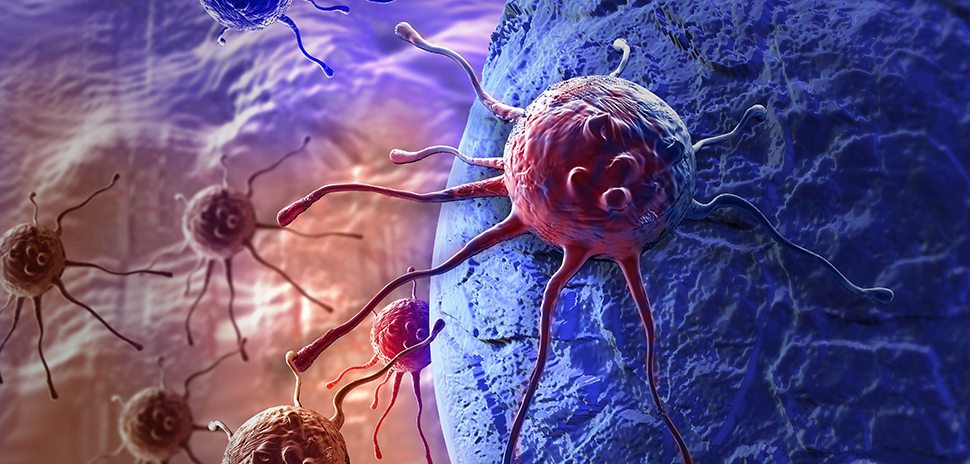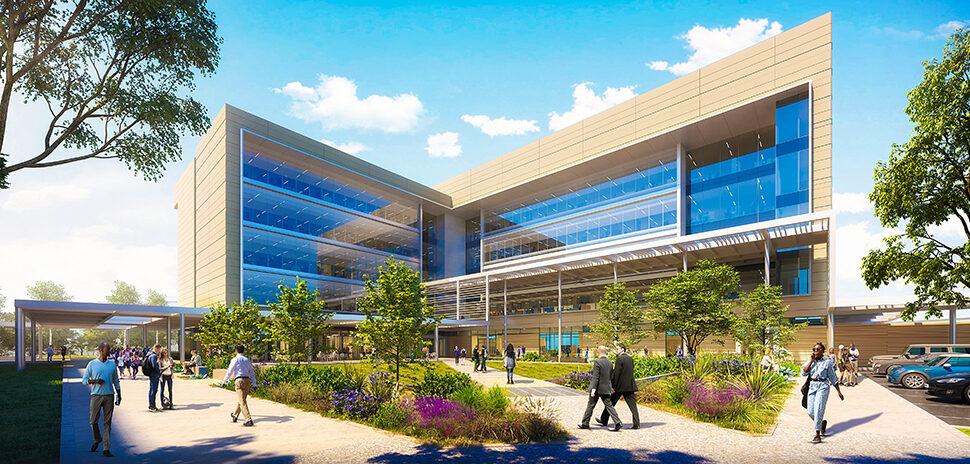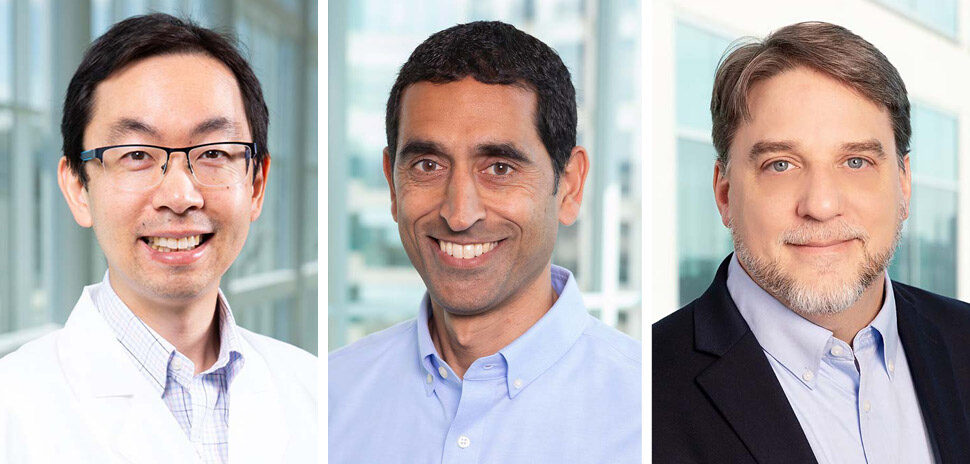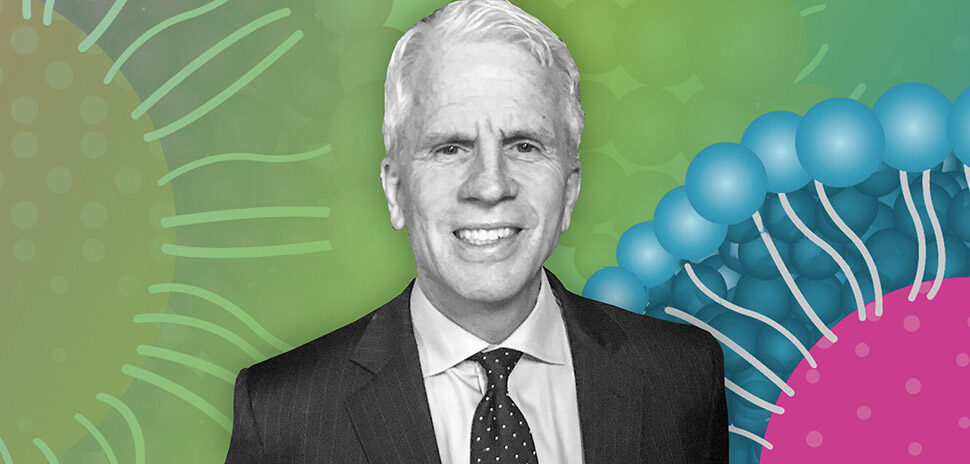Finding a cancer cell during surgery can be tricky, but researchers at UT Southwestern Medical Center have invented a nanosensor that lights up like a Christmas tree around tumors, UTSW announced.
Tumors secrete acids that normal cells do not and the sensor is able to detect that, according to Dr. Jinming Gao, an oncology professor at the Harold C. Simmons Comprehensive Cancer Center.
He was the senior author of a study in Nature Biomedical Engineering.
The goal is to make surgery more accurate with fewer side effects and better outcomes for patients.
Delivering what’s new and next in Dallas-Fort Worth innovation, every day. Get the Dallas Innovates e-newsletter.































